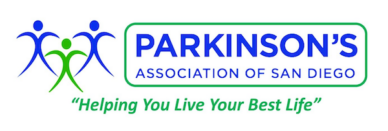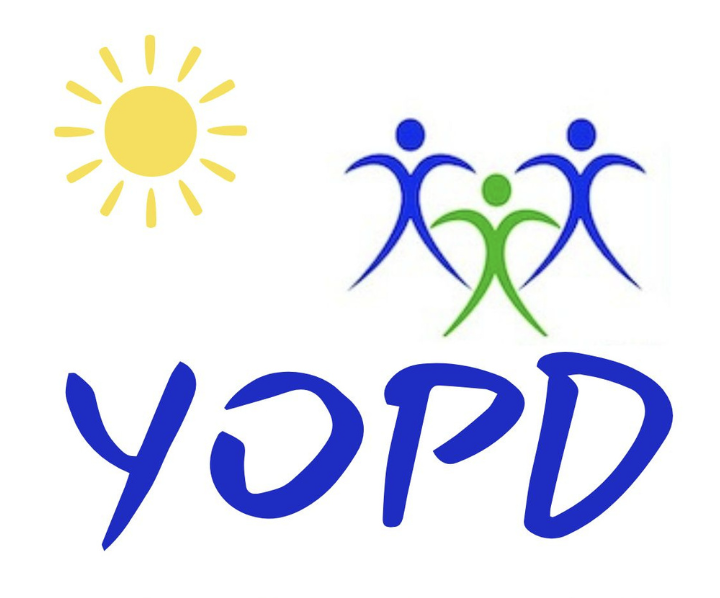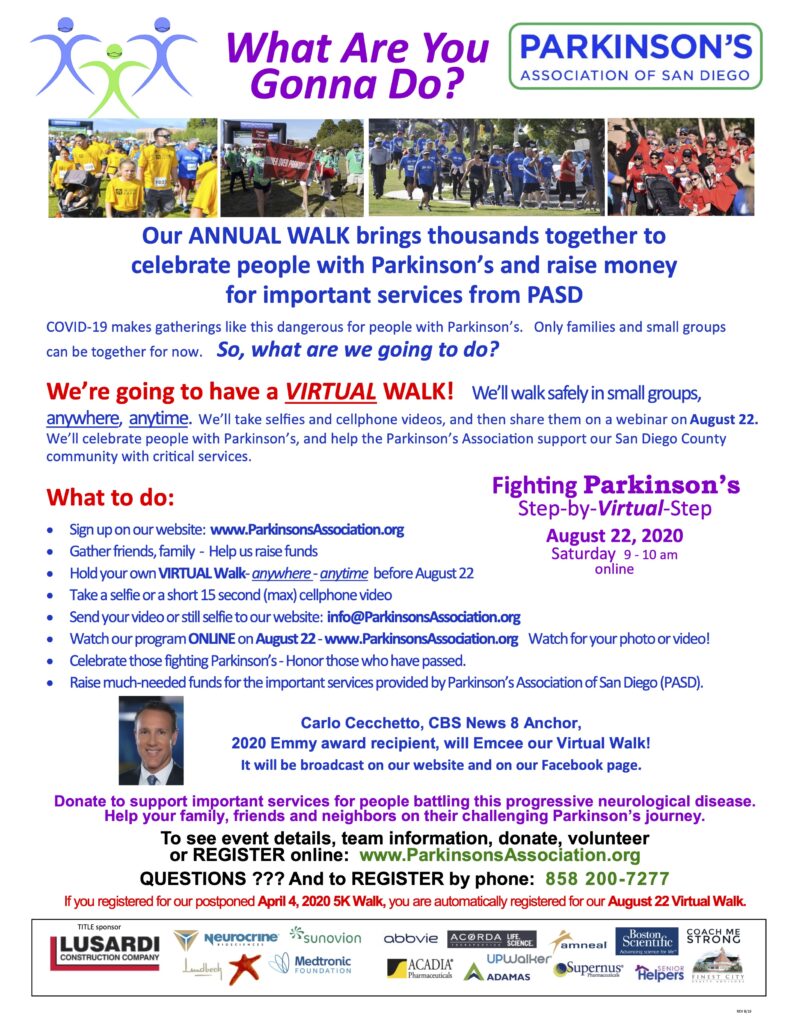Young Onset Parkinson’s – Is It Just About Age?
Young onset Parkinson’s disease has a clinical defination…anyone diagnosed with Parkinson’s under the age of 50. But that only tells a fraction of the story. There are so many other considerations. Are you still working? Do you have kids living at home, going to school, being driven to soccer, hockey, dance, and every other imaginable activity? Are you dating or in a new relationship? If you job becomes impacted by Parkinson’s how does that affect your financial situation. The list goes on.
While young onset represents about 10 percent of all Parkinson’s diagnoses based on age, socially many more people are dealing with similar issues. As we all “age up,” many of us are working longer, kids are living at home longer, and we are staying fitter at healthier. 70 is the new 40.
This section of our website guides you to resources that will help you live your best life as you make your way along a journey with young onset Parkinson’s, regardless of your chronical age.
Quick Links
Here are a couple of starting points:
The Parkinson’s Association
Mentor Program
Watch this short video about the Mentor Program.
While our Mentor Program serves everyone with Parkinson’s and their families, no group may be better served than those with young onset and their families.
This is a free, confidential service. The mentors have walked in your shoes, have completed our Mentor Education Program and, most importantly, they are here for you. They will listen to you, tell you about their journey with Parkinson’s, answer questions about living with Parkinson’s, and give you an objective, compassionate person to speak with.
Click below to search for a mentor in San Diego. You can read their bios and choose the person who most resonates with you. Send them a note through the website and they will get back to you within a day or two. It’s a powerful program.
Young Onset Support Group
Support groups are powerful. Sitting in a room with a group of people who are on a similar journey as yours shows you that you not only don’t have to be on the journey alone, but you can’t be on the journey alone.
Young onset Parkinson’s presents challenges that can be very different from those faced by an older, likely retired population. Employment issues, maybe starting to navigate disability insurance, family and relationship issues, explaining Parkinson’s to your kids, and much more.
The Young Onset Support Group is a great resource to meet others on a similar journey and get feedback on how to live your best life with Parkinson’s. Although all the local support groups are available to you, the YOPD grou is a great place to start.
Attitude is Everything
Sherrie Gould, NP, CMRD on maintaining a positive attitude while living with Parkinson’s.
The most important thing about living with Parkinson’s, especially young onset Parkinson’s, is attitude. While medication helps modulate symptoms, and exercise is currently the only known therapy that can slow the progression of Parkinson’s, it all works better with a positive attitude.
You are not a victim; you just happen to be a person with Parkinson’s. Dr. Eric Egli, a clinical psychologist who spent decades working with people with Parkinson’s and their families, told us he has seen person after person live a better life after a Parkinson’s diagnosis than before – Parkinson’s got them off the couch, got them on a powerful exercise program, better nutrition, opportunities to help others with Parkinson’s…the list went on and on.
Stay on a positive path, no matter how hard. Look at the good things. Find the blessings. And let us help you live your best life with Parkinson’s.
Mental Health Suppport
A diagnosis of Parkinson’s can range from immediate acceptance to devistation. Regardless of how you take the news, support from a psychologist, marriage and family therapist, or social worker can be invaluable.
We have created an edcational program for mental health professionals. This 6-Hour professional online course addresses many of the intricies of working with young onset Parkinson’s, newly diagnosed, and care partners. The clinical mental health professionals who have completed the course and are accepting new patients are listed on our referral page. This is a great place to start for individual and famiily support.


